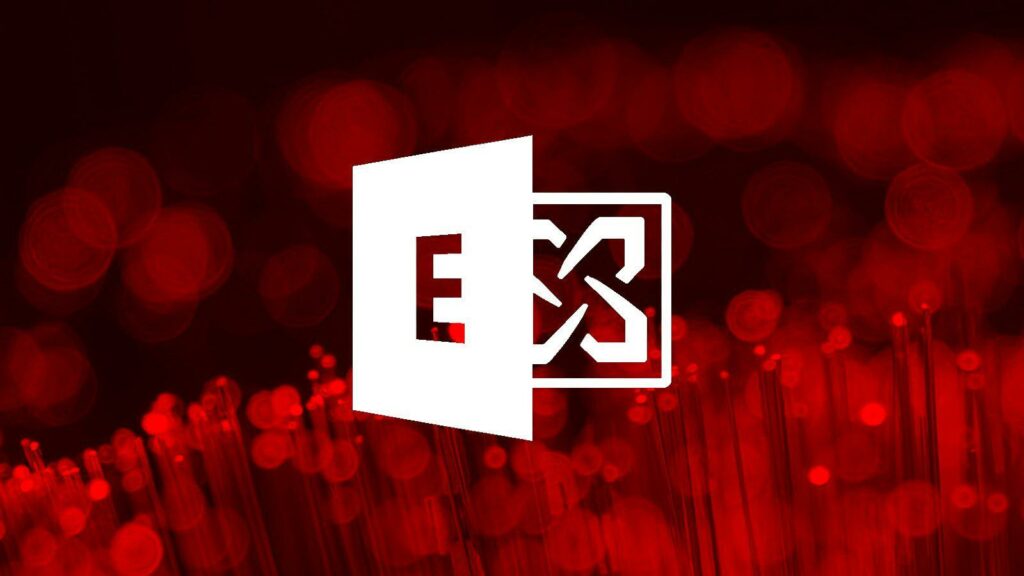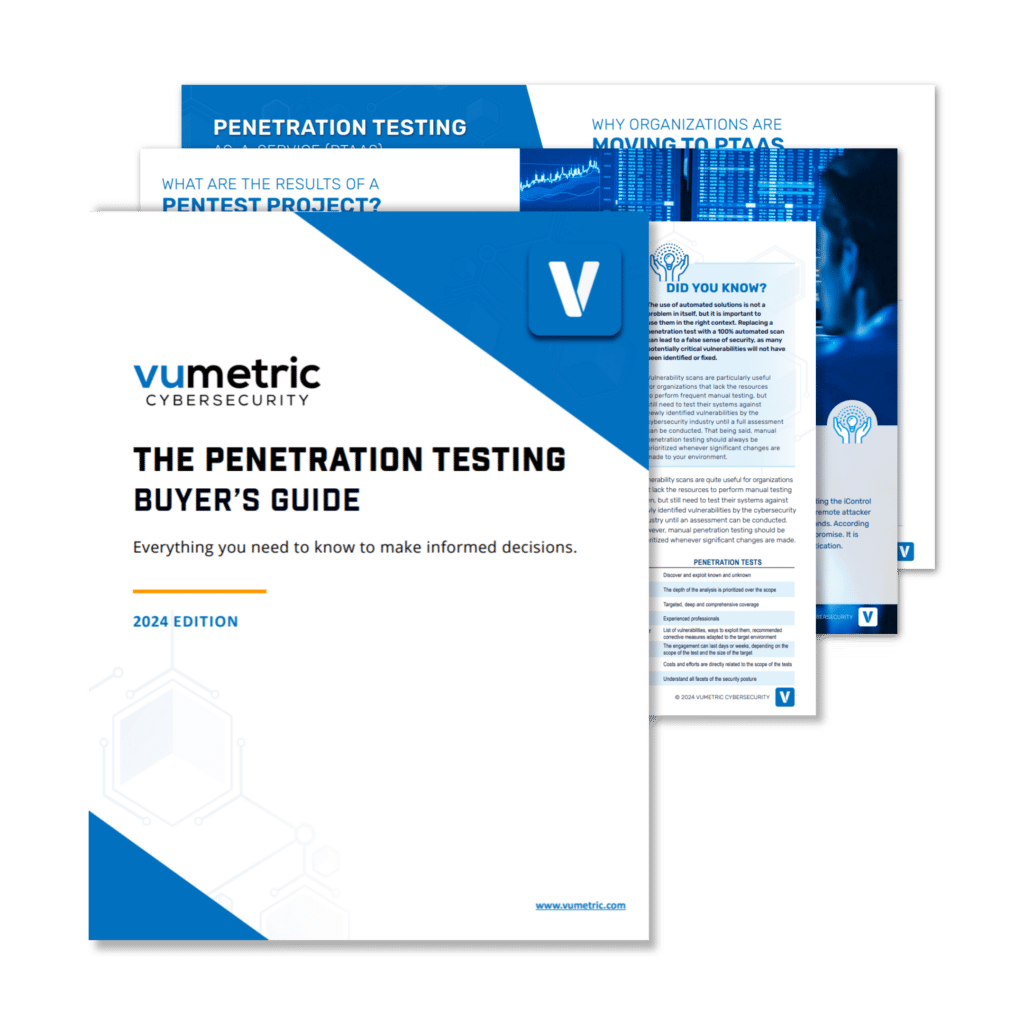Google announced a new Chrome security feature that ties cookies to a specific device, blocking hackers from stealing and using them to hijack users’ accounts.
To solve this problem, Google is working on a new feature called Device Bound Session Credentials that makes it impossible for attackers to steal your cookies by cryptographically binding your authentication cookies to your device.
“By binding authentication sessions to the device, DBSC aims to disrupt the cookie theft industry since exfiltrating these cookies will no longer have any value,” said Kristian Monsen, a software engineer on Google’s Chrome Counter Abuse team.
This new security capability is expected to be initially supported by about half of all Chrome desktop devices, and it will be fully aligned with the phase-out of third-party cookies in Chrome.
In recent months, threat actors have been abusing the undocumented Google OAuth “MultiLogin” API endpoint to generate new authentication cookies after previously stolen ones have expired.
Previously, BleepingComputer reported that the Lumma and Rhadamanthys information-stealing malware operations claimed they could restore expired Google authentication cookies stolen in attacks.




